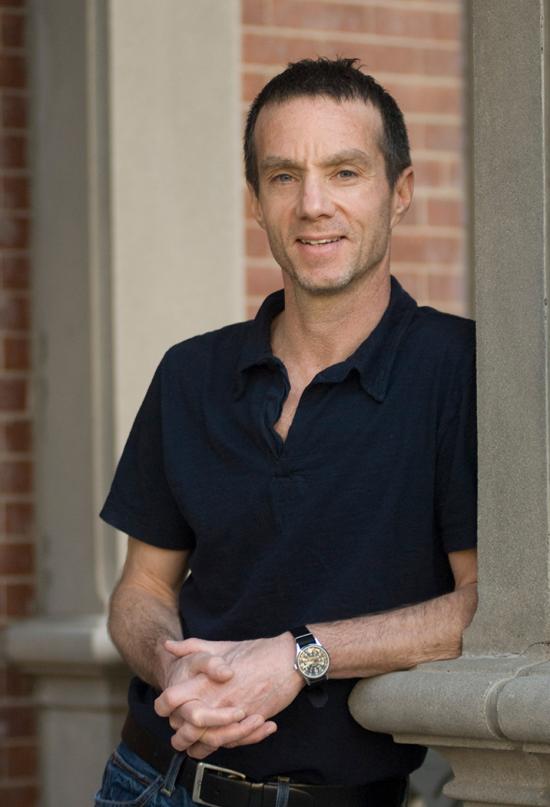From UC Berkeley News
America on edge: Berkeley scholars’ early election thoughts
By UC Berkeley Public Affairs
UC Berkeley scholars awoke Wednesday, Nov. 4 to signs of a deeply divided U.S. electorate, and no blue wave on the horizon. Despite a surge in early voting, ballots were still being counted in several battleground states. As of noon that day, the race between President Donald Trump and his Democratic challenger Joe Biden remained too close to call...
Steven Weber, political scientist and professor in the School of Information
“It’s clear that core divisions splitting America down the middle in 2020 cannot, this time, be shoveled off for blame on foreign interference, social media or some third party or exogenous shock. There was no ‘October Surprise,’ no evidence of systemic election interference, no significant cybersecurity lapses that we know of. The social media platform firms’ new policies on content promotion and political advertising weren’t perfect, but they were better than in 2016 and appear to have been good enough to limit misinformation contagion at a scale large enough to matter. I think this election will prove to reflect a fundamental condition of America itself, not interventions by Vladimir Putin or the pathologies of Facebook and Twitter. There’s an upside to that assessment: In 2020, the American polity has to take responsibility for the extraordinarily deep divisions that haunt this country. Whoever ultimately wins the White House, I hope going forward that both parties really own that observation and start, from scratch, to build policies and strategies that can offer something more across what, for the moment, looks like an impermeable divide. It’s our divide, not someone else’s.”










